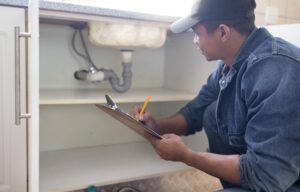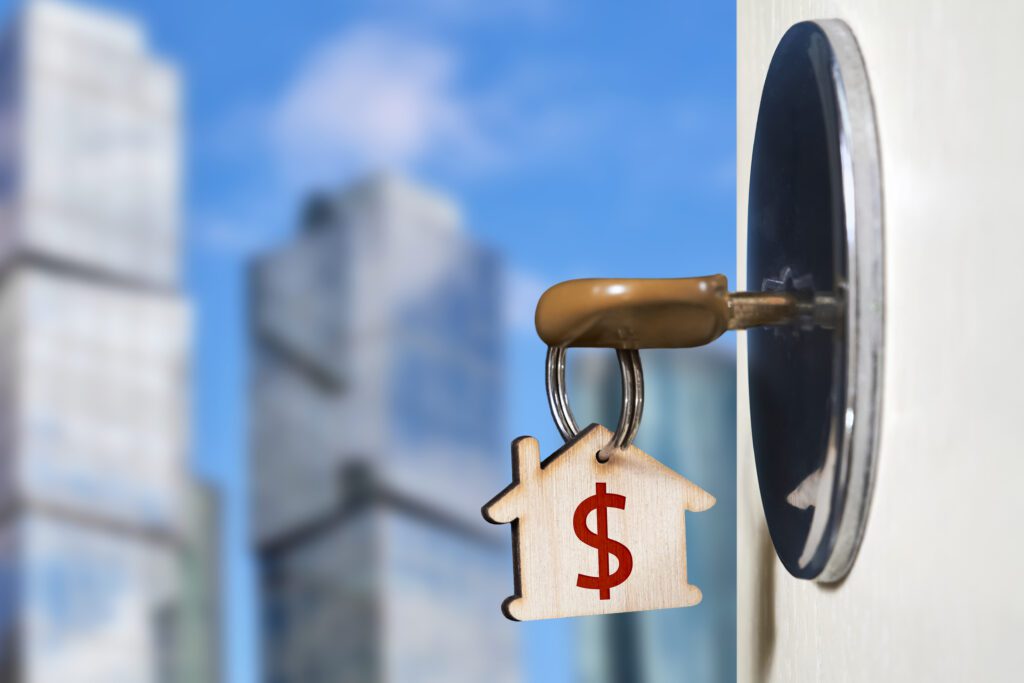
Now that you’ve purchased an investment property, it’s time to find a tenant, collect rent, and enjoy the passive income that comes with renting out residential homes.
Right?
Well, yes. But, not so fast.
There are a few logistical details that need to be handled before you dive right in. Here’s what comes next once you’ve closed the deal and bought an investment property.
Make Your Property Rent-Ready
 You’ve likely made a good choice when investing, and the property you purchased is in generally good shape. There aren’t a lot of major renovations needed or work that needs to be done. If you had an inspection, you’re likely aware of any habitability, safety, or maintenance issues that need your attention.
You’ve likely made a good choice when investing, and the property you purchased is in generally good shape. There aren’t a lot of major renovations needed or work that needs to be done. If you had an inspection, you’re likely aware of any habitability, safety, or maintenance issues that need your attention.
And, there may be some cosmetic improvements you’re hoping to make.
Fix everything before you rent out the property. Some of these things will be minor. The minor things matter. Tenants will notice any imperfection. You want your property to stand out once it’s listed. So, make sure the condition is excellent.
Test everything so you know the appliances, faucets, toilets, and outlets are working. You won’t want to spend the first few weeks of the tenancy responding to multiple maintenance requests.
Conduct a detailed inspection once you close on your investment property. Walk through every room and make a list of what needs to be repaired or replaced. Maybe it’s fresh paint that’s needed or a deep clean of the floors. Perhaps the window screens need to be replaced or an appliance is malfunctioning.
Next, is Pricing Your Rental Property

Now, you have to attach a rental value to your property in order to rent it out.
This is both an art and a science.
If you price your property too high for the market, you’ll find that the home is vacant longer and you’re waiting to find a tenant who is interested in applying for it. This is expensive.
If you price the property too low, you’ll get a tenant quickly. But, you’ll also be collecting less than you should or could every month. It’s hard to catch up to market rents, especially if your property is subject to rent control laws.
You need excellent data to accurately and competitively price your rental home. Here’s what you need to know as you work through this process.
- The Rental Market Drives Your Price Range
Gather good data and study the market. Rents have risen, and that should give you the push you need to price your home a bit higher than you might have a year ago. Don’t go too high, however. You still need to fall well within the market averages. Take a look at the competing properties that are also on the market. Compare your home to those. Gather information on what the homes most similar to yours are renting for, and how long it’s taking them to rent.
Consider the competition. When there are a lot of homes similar to yours available for rent, you’ll have to be more competitive with your price. When the market is tight, however, and rental homes are hard to find, you can raise your price a little bit.
- Location Always Impacts Price
You know location is important when we’re talking about real estate. You considered location when you invested in your property, so you know the strengths and weaknesses of where your rental property is located. Tenants in our area will pay more for a home that’s close to restaurants, shopping, and schools. When evaluating how much you can charge for your rental property, always consider location.
Once you’ve managed these steps, you’re ready to market your property and look for tenants.
About Those Tenants
 You’ve invested in a rental property and prepared it for the market. Now, you get to market the home, show the property, and collect applications. How will you choose a tenant?
You’ve invested in a rental property and prepared it for the market. Now, you get to market the home, show the property, and collect applications. How will you choose a tenant?
When you’re screening, start with a set of standard rental criteria. This will help you stay compliant with fair housing laws. It will ensure every application is held to the same standards. You need to stay objective and consistent. Provide the criteria to any tenant who is thinking about applying for your property.
The tenant you place will have a huge impact on the type of investment experience you enjoy. A good tenant will mean rent is paid on time, the property is cared for, and the lease is followed. A not-great tenant will bring you frustration and extra expenses.
During the screening process, check for credit and criminal backgrounds. Verify income and rental history. Look for prior evictions and talk to current and former landlords.
Benicia Property Management

The most important thing you can do right after investing in a rental property is to partner with a property management company.
We like to recommend talking to a property manager before you buy an investment property.
If you didn’t get a chance to do that, however, make sure you partner with a good property manager as soon as you can. Choose an experienced management company with a great local reputation. As a new investor, you’ll really benefit from resources and expertise that a property manager can provide. Here’s why you need to get in touch with a management company as soon as you buy your property (if not before):
- You can leverage a great network of vendors and contractors without screening and hiring them yourself.
- You’ll have the expertise and knowledge you need when it comes to pricing, marketing, tenant screening, and preventative repairs.
- You’re protected from the risk and liability that comes with renting out property.
- A professional will follow all the strict California rental laws and ensure you’re in compliance.
- You’ll have less work to manage yourself and more time to do what you love.
- You’re likely to earn more and spend less on your investment.
Good property management is a huge value to new and experienced investors in and around Benicia. If you’d like to talk about how we can help you, get in touch with us at Krystle Properties.



